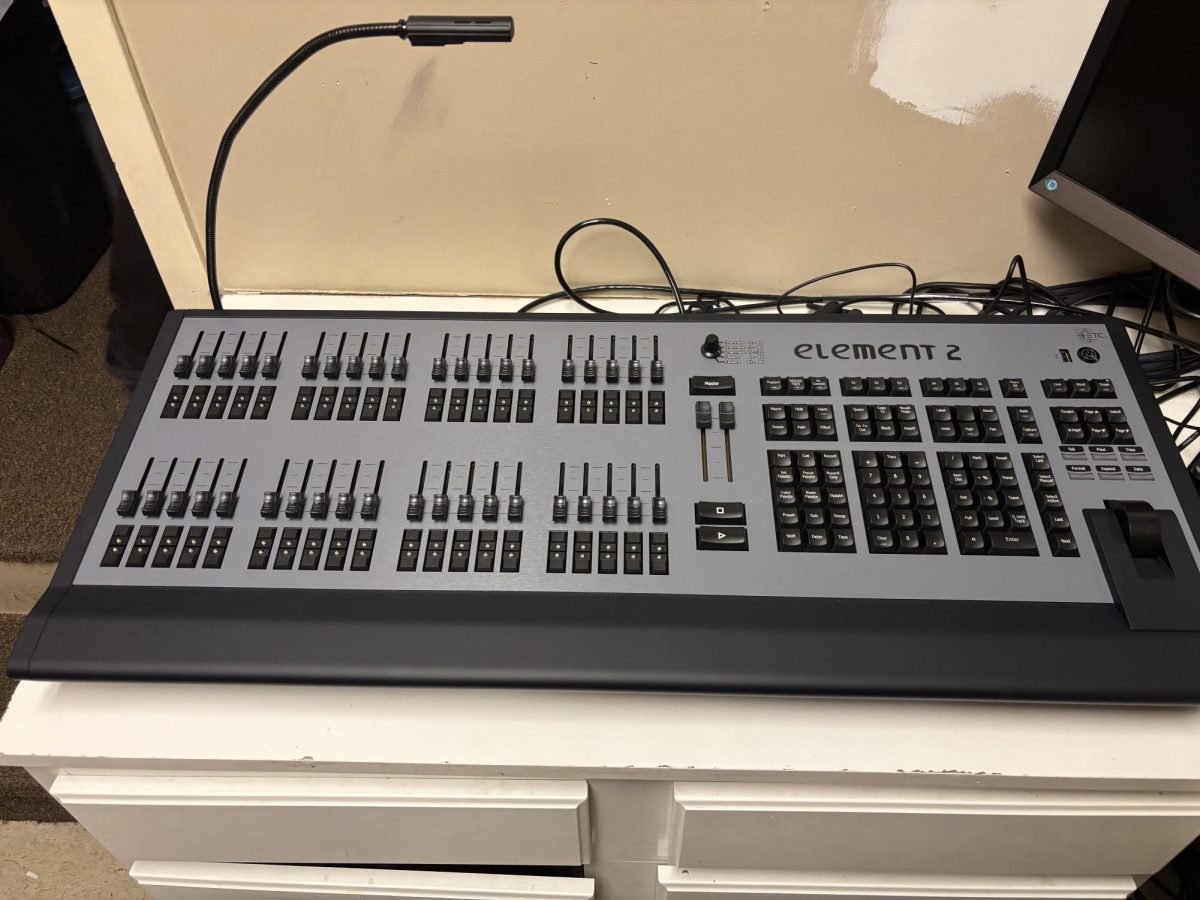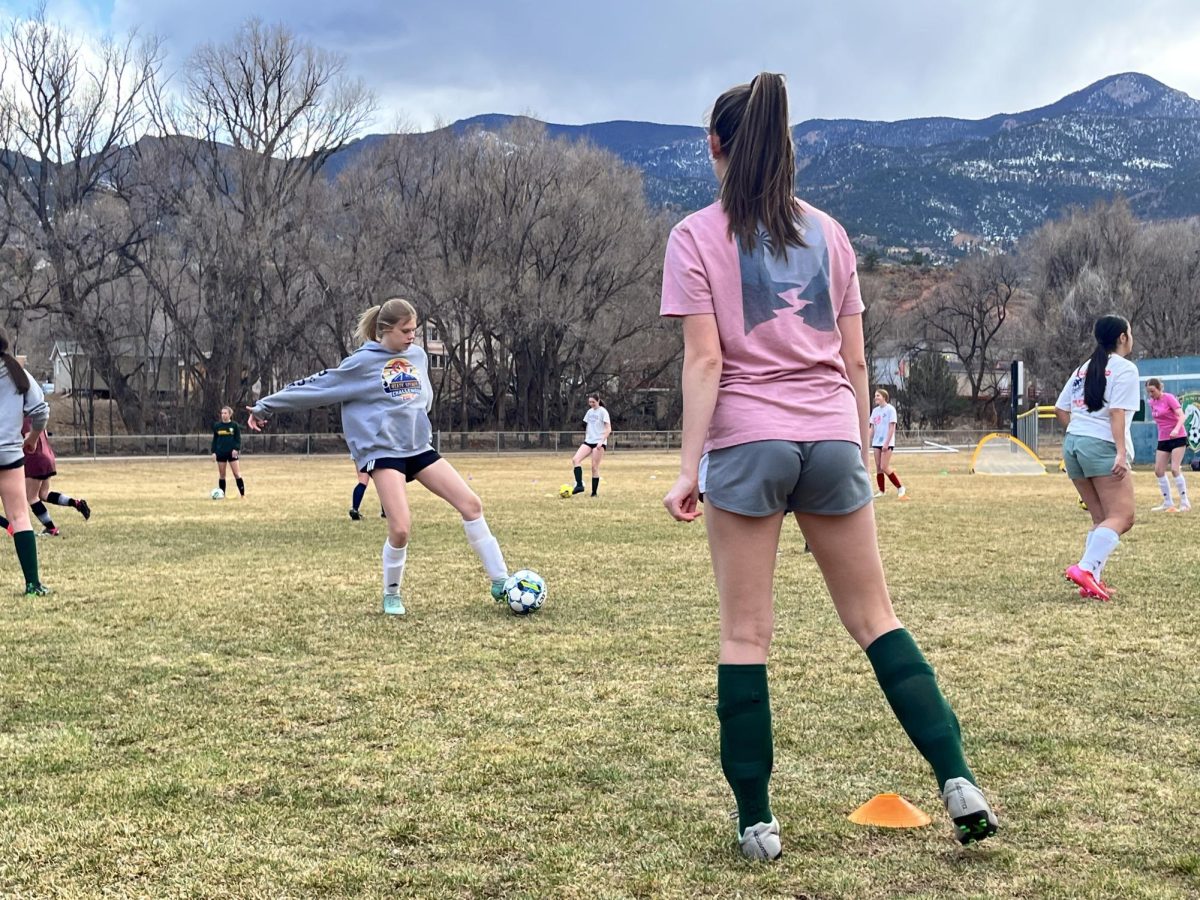When current teachers and parents were in high school, late work was never acceptable, but recently some MSHS teachers, such as Jessica Moen who is an English teacher, have noticed that some students consistently turn in late work, sometimes deliberately.
Moen, who has been teaching for 26 years, feels that her current grading system works well for her. “In class students turn in physical copies to a class basket so section by section there’s a place for each class to turn their stuff in,” Moen said. “I like to be finished with one class before I switch over to another in my gradebook.”
Moen feels that late work can be a barrier when it comes to grading in a timely manner. “The late work is a challenge, if kids did turn things in on time, then more kids that are absent and the few that actually need the extension of time can be manageable,” Moen said. “But if everybody’s like, it doesn’t really matter if I turn it in until the end of the unit, then all the assignments for that whole unit get turned in that same day and it’s overwhelming and it’s just not feasible to get it back before the next class.”
Moen believes that the quantity of reading that her grading requires is unique to the English department. “Just the quantity that’s related to certain subjects, English is very heavy in writing, and it takes a long time to read everybody’s everything all at once,” Moen said.
Moen feels that students may benefit or misuse the late work policy. “I do think there are individuals who consistently take the late work policy for granted, and I think there are individuals who consistently benefit from it,” Moen said. “I have a student in my philosophy class that thinks so deeply about every possible avenue to an answer, that it often takes a couple class periods before that person is even ready to start writing a response to a question, so for that person, having the buffer is extremely beneficial, but are there some people that are like, I could just chat and hang out with my friends and then do this later.”
Benjamin Mack, a science teacher at MSHS, feels that it is not the teacher’s responsibility to grade late assignments immediately, rather that students should take the responsibility of submitting assignments in a timely manner.
“It really shouldn’t be on the teacher if you’re turning something in late for us to get right on it and make sure that we give you a grade because we’ve got so many other things that we’re trying to get ready for,” Mack said. “And so I would say personal responsibility needs to shift a little bit back to the student because I feel like with COVID and things like that, it seemed to shift more responsibility back on the teachers, which is okay in some cases but for things like that, I think that responsibility needs to go back to the student.”
Mack feels that very soon after he completes his grading, a flood of late papers refills his schedule. “When I do get that chunk of time and I’ve got everything set up, I’ll go through everything and I’ll grade everything,” Mack said. “And then I put grades in and then that’s when all the zeros go in, than everybody wants to come turn stuff in.”
Social studies teacher Sam Duff feels similarly, in that when late work is submitted, it should not be the teacher’s first priority. “Ultimately, if the assignment was turned in late, the reality is that it’s not the priority right now,” Duff said. “If it had been turned on in time, it would be graded immediately.”
Duff noticed that towards the end of each semester, many students find themselves searching for assignments that they previously missed. “At the end of last semester and the previous school year, the last two weeks of school I just got hit with an influx of students coming in during Advisory and after school saying, ‘Hey can I have this homework assignment, I need it right now,’” Duff said. “And ultimately, I have a class that I’m teaching and I have grading that I need to do.”
Duff also noticed that although it may be a burden to grade the wave of papers towards the end of the year, he enjoys experiencing students’ desires to improve their grades. “Towards the end of the year, you see a lot more students trying to get their work and everything in, so that can be a bit of a burden and a little bit unfair, in a sense,” Duff said. “But ultimately, while it is a little bit more work and it is unfair, it is also a little bit admirable as a teacher to see how many students want to improve and see what they can do to try and improve their grade.”





































